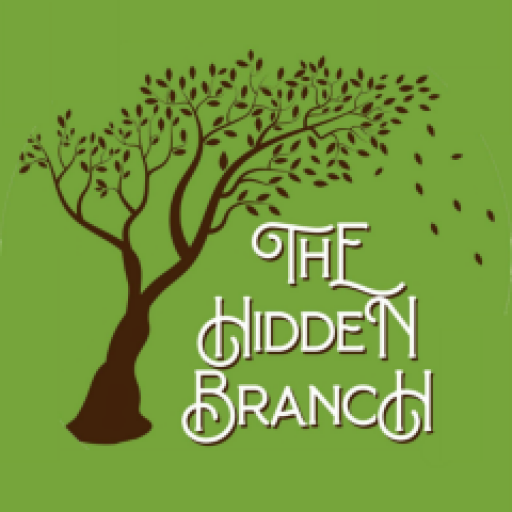My genealogy awakening happened over a number of years. As a teenager I was fascinated by old books showing views of the town I lived in from the late 19th and early 20th centuries, but I don’t remember really thinking about my ancestors until I was in my mid-twenties. My interest grew gradually, and by my early thirties it had become all-consuming.
This gradual unfolding might first have been triggered by an email I received out of the blue in 1995 from a third cousin who was a genealogist. I remember being nonplussed at the time, not really understanding the appeal and significance. But it must have had some impact. After a casual conversation with my mother over a decade later, I started to dig for information, with some helpful input from two cousins of my parents who had done some of their own research. I also reconnected with the 3rd cousin who had emailed me, and he has helped and encouraged me enormously over the years.
One incredible phenomenon I’ve benefited from is the preservation of research done by previous generations. My grandfather’s brother and my grandmother’s sister both did some invaluable work that I’ve been able to access, and the latter even includes notes made by one of my great-great-grandparents!
Even when I was becoming a serious genealogist in my early 30s, it felt like a slightly unusual thing to be doing. I recall some slightly strange looks when I mentioned it to work colleagues, and it was an overwhelmingly solitary activity, conducted mostly late at night at my computer. I was working on a very limited budget, suspecting that once I started to pay for records, it would be hard to stop, and I would gorge myself on everything [I was correct about this…].
I worked a great deal with the Familysearch.org website and free trials of other sites. General Google searches also helped me to find other trees, monumental inscriptions and old books. Mostly I recall this era as a time when I was learning my craft: making mistakes and trying to learn how to avoid them in future. I would write long notepad documents with my reasoning for different possible answers to my puzzles.
As a late starter, I’m someone who has spent quite a bit of time using microfilm readers, but always as part of a deeper dive into undigitized records; I’ve never had to visit archives to view census forms! Since 2007, quite a bit has changed for genealogists. More and more records have been digitized, and the online databases have become better and better. As someone with Irish heritage, the availability of civil birth marriage and death records without cost has been transformational. And for those with English heritage, the GRO’s free online index of births and deaths from 1837 is indispensable. Of course, there’s still no digital replacement for actually going to the place where your ancestor lived and walking in their footsteps. But you can now prepare yourself much better for your trip before you leave!
Perhaps the biggest change in the last few years has been the widespread availability of DNA testing, opening up new ways to meet other genealogists and non-genealogists who are genetic relatives. It was DNA that provided the springboard for me to focus on genealogy full time. I was working as a freelance web developer in 2016 when I finally took a DNA test. When the results arrived in January 2017, I was fascinated but slightly baffled. Everyone was talking about what percentage Irish or Native American they were, but this didn’t interest me. I could see that the compelling aspect of the test result was list of genetic matches. I remember being excited and keen to make progress, but there were lots of new concepts that I found very confusing as a genealogist who was new to DNA.
At this point, I immersed myself in information from as many sources as possible. I remain very grateful to those in the genealogy and DNA community who patiently give up their time to advise newcomers. A few months later, I created the DNA Painter website to help visualise my results in a chromosome map. This expanded quickly with new features and tools, and in late 2018 it became my job.
My work now involves:
Developing and maintaining DNA Painter and creating new functionality
Public speaking and education
Working on my own genealogy projects, including solving puzzles for friends and family.
I feel very lucky to be able to spend my time working with genealogy. To cap it all, I even have an excuse to work on my own genealogy: it’s important to test software carefully with real data!

